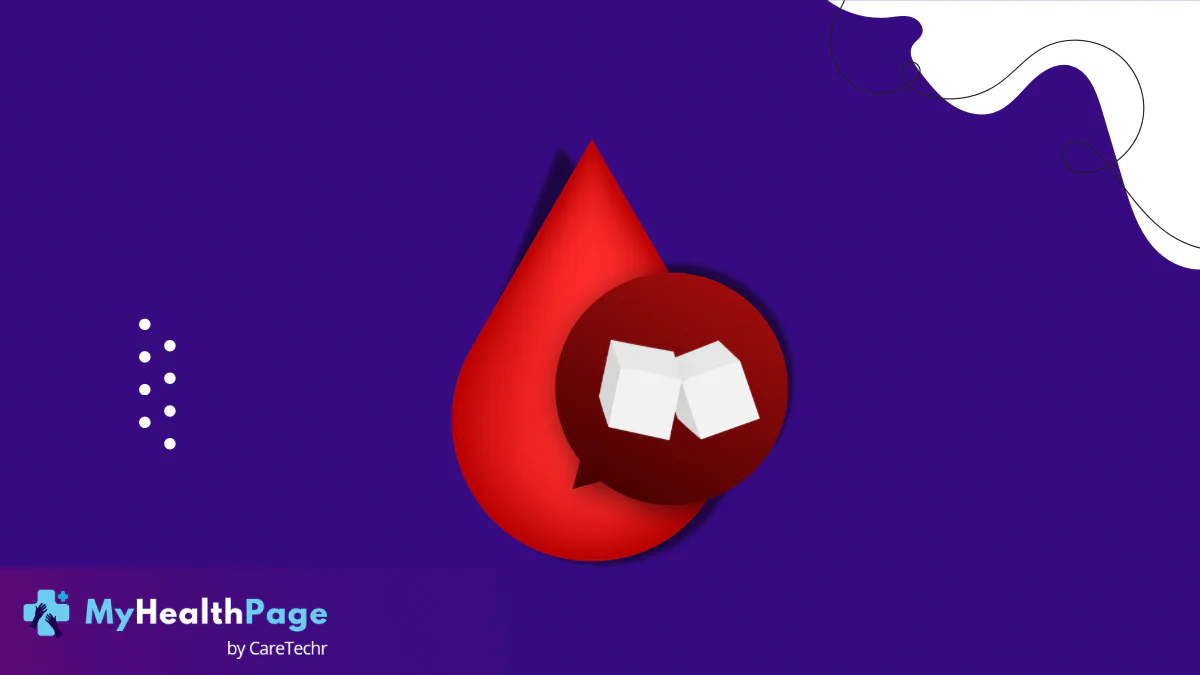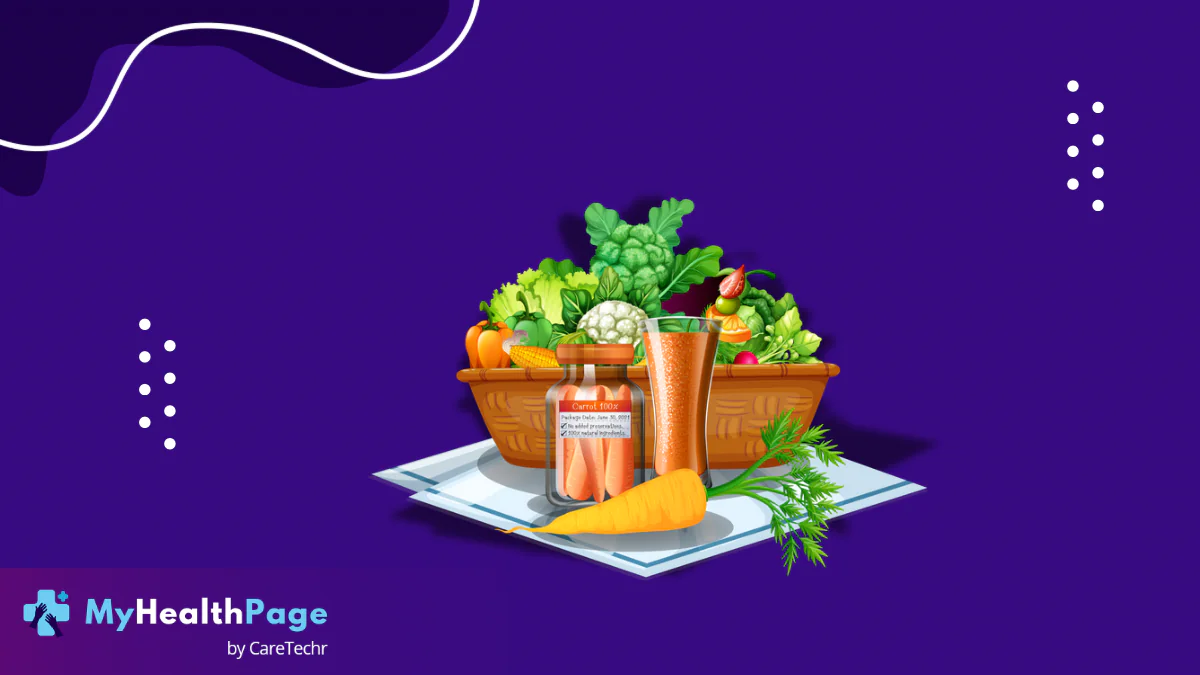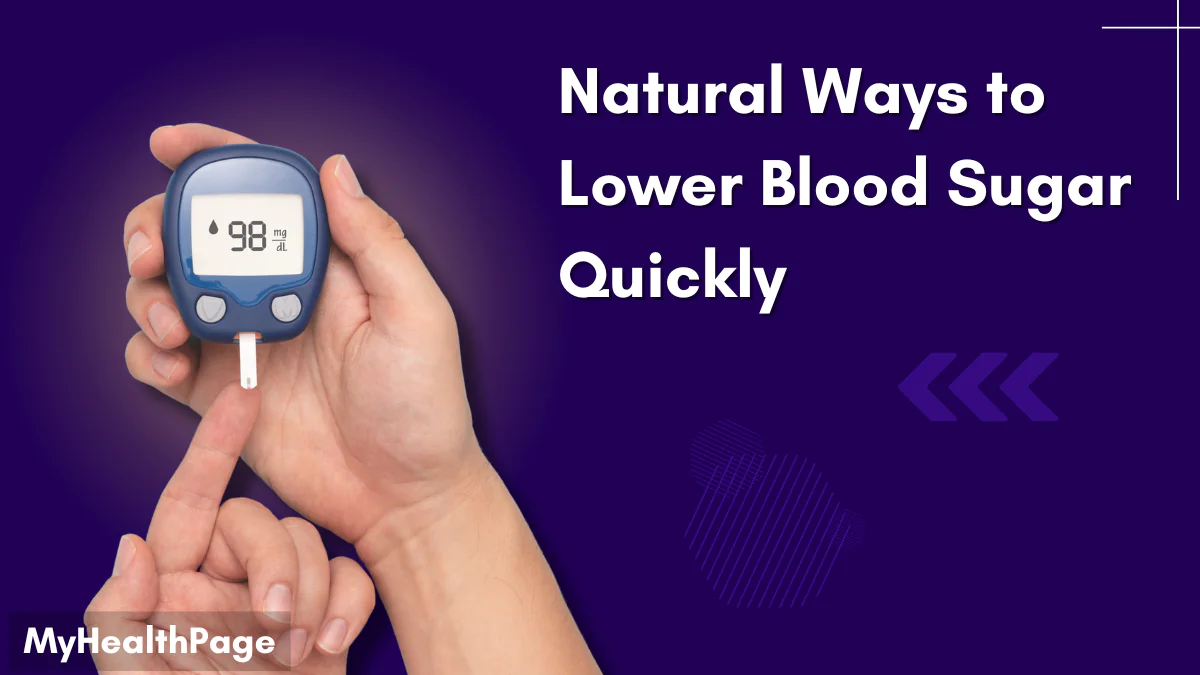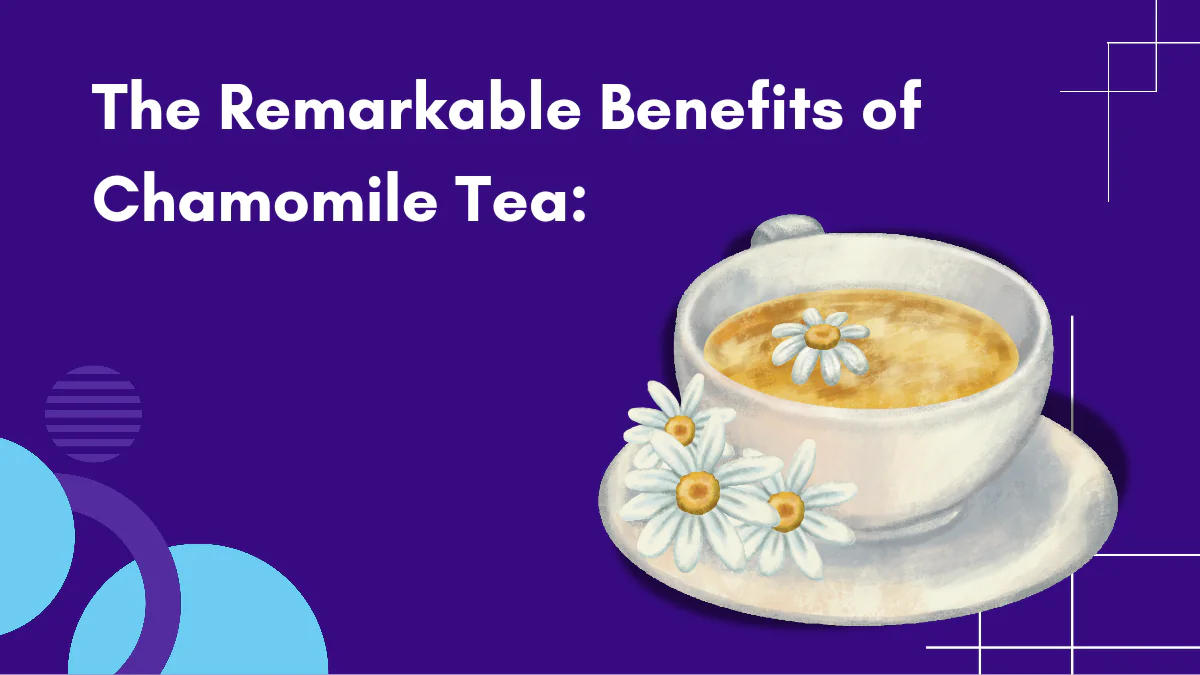Achieving healthy, glowing skin involves more than just topical treatments—it starts from within. The right nutrients can enhance skin health, reduce signs of aging, and address common skin issues. This article explores the top 10 essential nutrients for healthy skin and how you can easily incorporate them into your diet with commonly available Indian foods.
1.Vitamin C
Vitamin C is crucial for maintaining skin elasticity and firmness due to its role in collagen production. It also provides antioxidant protection, helping to shield the skin from environmental damage and sun exposure.
- Sources: Citrus fruits like oranges and lemons, guavas, amlas (Indian gooseberries), and bell peppers.
- Tips for Inclusion: Start your day with a glass of fresh orange juice. Add amlas to your meals or use bell peppers in your curries and salads to boost your vitamin C intake.
2.Vitamin E
Vitamin E is a powerful antioxidant that protects skin cells from oxidative stress and environmental damage. It helps in maintaining skin hydration and supports the repair of damaged skin tissue.
Sources: Nuts and seeds (almonds, sunflower seeds), avocados, and leafy greens like spinach and methi (fenugreek leaves).
Tips for Inclusion: Snack on almonds or add them to your dishes. Incorporate avocado into your salads or use it as a spread on whole-grain bread for added vitamin E.
3.Omega-3 Fatty Acids
Omega-3 fatty acids help maintain skin hydration, reduce inflammation, and strengthen the skin’s barrier. They are particularly beneficial for preventing dryness and irritation.
Sources: Fatty fish (such as mackerel, sardines, and salmon), flaxseeds, and walnuts.
Tips for Inclusion: Include fatty fish in your diet a few times a week. Add ground flaxseeds to your smoothies or yogurt, and snack on walnuts or use them in cooking.
4.Vitamin A
Vitamin A supports skin cell production and renewal, helping to prevent dryness and promote a smooth texture. It also aids in the repair of damaged skin and reduces the appearance of blemishes.
Sources: Carrots, sweet potatoes, pumpkin, and dark leafy greens like spinach and kale.
Tips for Inclusion: Enjoy roasted sweet potatoes or blend carrots into soups and smoothies. Add pumpkin to your meals or have it roasted.
5.Zinc
Zinc is essential for regulating oil production in the skin and aiding in wound healing. It is particularly effective in preventing and treating acne by reducing inflammation and controlling oil.
Sources: Lentils, chickpeas, lean meats (like chicken), and seeds (pumpkin seeds and sesame seeds).
Tips for Inclusion: Incorporate lentils and chickpeas into your meals. Snack on pumpkin seeds and sesame seeds for an additional zinc boost.
6.Selenium
Selenium acts as an antioxidant, protecting the skin from UV damage and supporting elasticity. It helps maintain a youthful appearance by combating oxidative stress.
Sources: Brazil nuts (though less common, available in specialty stores), seafood (like shrimp and fish), and whole grains (like brown rice and wheat).
Tips for Inclusion: Include whole grains in your diet and consume seafood like shrimp or fish for selenium benefits.
7.Biotin (Vitamin B7)
Biotin contributes to skin cell metabolism and strengthens hair. It helps prevent dryness and irritation, promoting a smoother and healthier skin appearance.
Sources: Eggs, nuts, seeds, and whole grains (like oats and brown rice).
Tips for Inclusion: Start your day with eggs or include them in your dishes. Add nuts and seeds to your snacks or meals for additional biotin.
8.Vitamin D
Vitamin D supports skin cell growth and repair and boosts immune function, positively impacting skin health. It helps maintain the skin’s barrier function and can prevent conditions like eczema.
Sources: Sun exposure, fortified dairy products, and mushrooms (especially those exposed to sunlight).
Tips for Inclusion: Spend time outdoors for natural sunlight or choose fortified dairy products. Add mushrooms to your curries or salads.
9.Polyphenols
Polyphenols offer antioxidant protection, reduce inflammation, and improve skin texture. They help combat oxidative damage and support a more even skin tone.
Sources: Green tea, pomegranates, and dark chocolate.
Tips for Inclusion: Enjoy a cup of green tea daily. Add pomegranate seeds to your salads or desserts, and opt for a small piece of dark chocolate as an occasional treat.
10.Water
Water is fundamental for maintaining skin hydration, supporting elasticity, and flushing out toxins. Adequate hydration helps keep the skin plump and reduces the appearance of fine lines.
Sources: Plain water, herbal teas, and water-rich fruits and vegetables (like cucumbers, watermelon, and tomatoes).
Tips for Inclusion: Aim to drink at least 8 glasses of water daily. Incorporate water-rich fruits and vegetables into your diet for optimal hydration.
Conclusion
Incorporating these top 10 nutrients into your diet can significantly benefit your skin health and appearance. By using readily available Indian foods and maintaining a balanced diet, you can support your skin’s natural beauty and overall wellness. Hydration and a well-rounded diet are key to achieving and maintaining vibrant, healthy skin.
Check out our 11 Best Indian Foods to Support Your Weight Loss Goals for more tips.
The information provided in this article is for educational purposes only and is not intended as medical advice. Always consult with a healthcare professional before making any changes to your diet, especially if you have any underlying health conditions or dietary restrictions. The benefits mentioned may vary from person to person.




















